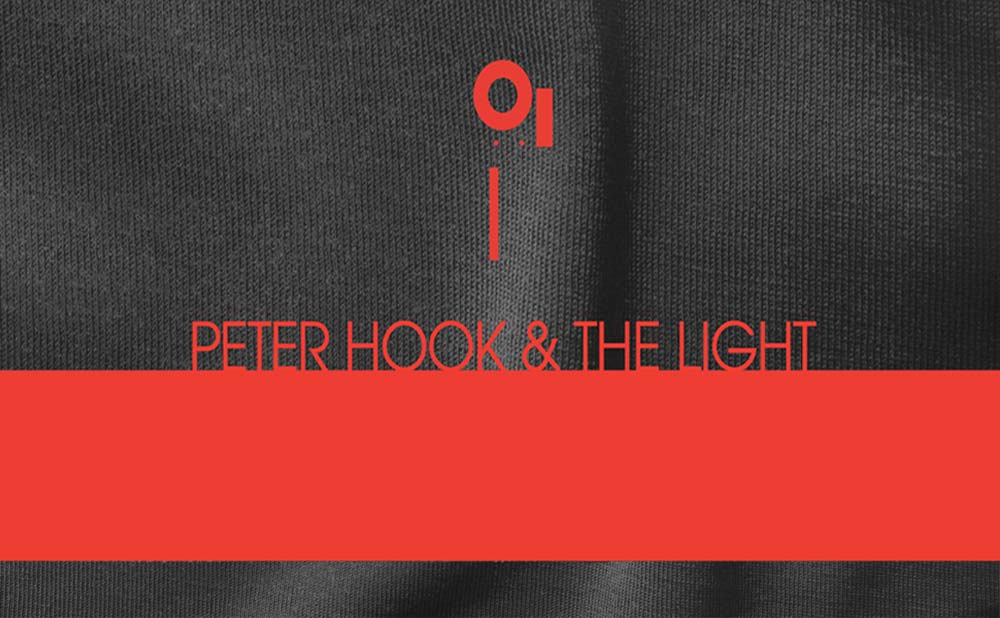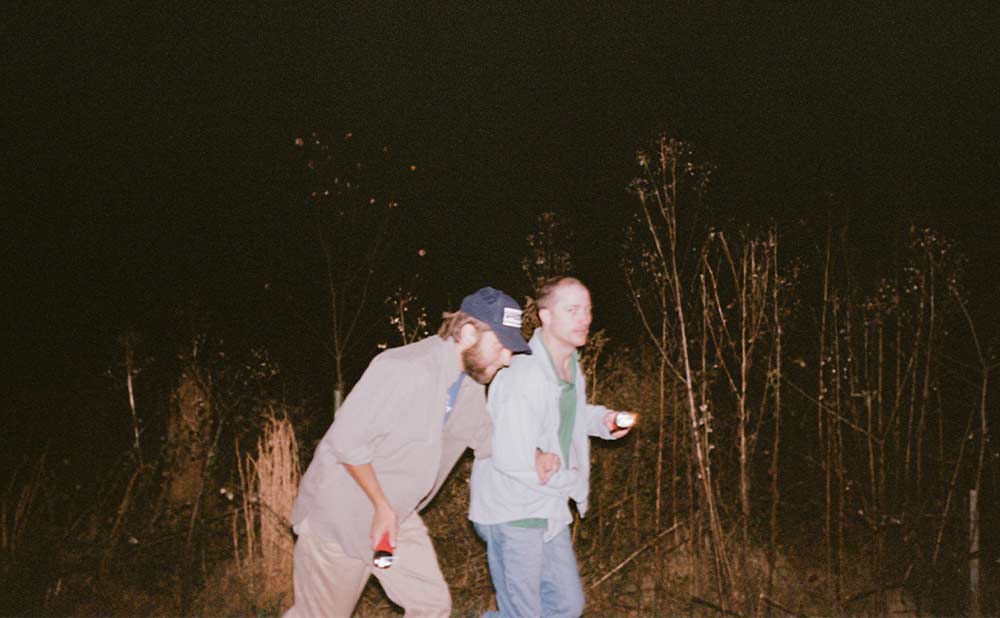Cincinnati singer-songwriter Michael Marcagi’s ascent is a homegrown success story. With a career built largely through grassroots social media support, the folk rock singer has demonstrated that listeners are hungry for earnest storytelling rooted in age-old American musical traditions. Marcagi announced himself with “The Other Side,” a depiction of the claustrophobia of small-town life, but it was his cinematic tribute To taking a leap of faith— “Scared to Start” —that pushed his TikTok view counts into the millions. In a few short weeks, he had built a legion of eager fans and secured a record deal with just two songs to his name. His debut Warner Records EP, American Romance, expands on that promise, highlighting the timeless sound and engaging sense of emotional truth that has made Marcagi’s music so immediately compelling.
Though he grew up playing and singing in rock bands, Marcagi always struggled to envision himself as a solo artist. However, his persistent desire to record some of his sparer acoustic songs—ones he rarely dared to perform in public—eventually inspired him to try his luck. Dipping into his savings, he trekked to upstate New York, decamping to a studio outside of Woodstock to work with producer...
Cincinnati singer-songwriter Michael Marcagi’s ascent is a homegrown success story. With a career built largely through grassroots social media support, the folk rock singer has demonstrated that listeners are hungry for earnest storytelling rooted in age-old American musical traditions. Marcagi announced himself with “The Other Side,” a depiction of the claustrophobia of small-town life, but it was his cinematic tribute To taking a leap of faith— “Scared to Start” —that pushed his TikTok view counts into the millions. In a few short weeks, he had built a legion of eager fans and secured a record deal with just two songs to his name. His debut Warner Records EP, American Romance, expands on that promise, highlighting the timeless sound and engaging sense of emotional truth that has made Marcagi’s music so immediately compelling.
Though he grew up playing and singing in rock bands, Marcagi always struggled to envision himself as a solo artist. However, his persistent desire to record some of his sparer acoustic songs—ones he rarely dared to perform in public—eventually inspired him to try his luck. Dipping into his savings, he trekked to upstate New York, decamping to a studio outside of Woodstock to work with producer David Baron (Lana Del Rey, The Lumineers, Shania Twain). The two assembled a team of crack musicians to bolster Marcagi’s intimate and unvarnished guitar and vocal performances, employing folk and bluegrass instrumentation, cavernous rock drums, and luxuriant vocal harmonies.
All of the songs Marcagi recorded—including the five on American Romance—mix authentic storytelling with sadness, frustration, and ennui. Avoiding confessional outpourings, he turns his experiences growing up in the Midwest into vignettes exploring the cracks in human relationships. By his own account, coming from a largely conservative and religious town meant that a tightly prescribed set of family values were passed onto him. The EP’s title track explores this directly, sketching scenes from an archetypal failed marriage of teen sweethearts.
“There are all these familial norms you have to fall into,” Marcagi explains. “I just watched a lot of my friends fall into that trap of getting married really young and then watching it falling apart before they are even thirty.”
Even at his most unsparing, Marcagi is careful not to pass judgment on the decisions of the characters in his songs. If the songs on American Romance carry any message, it is that there is no “right way” to get through life, and that we learn something we can use from every relationship. This message comes through pointedly “In the Light,” which Marcagi claims he connects with more than any other song he’s written. The defiant stomp-along anthem is carried by an infectious mandolin and piano motif and disarmingly direct lyrics: “So fuck all you bought, it ain’t what you got/And be who you need and not what you’re taught/You know from all this pain you cannot hide/And stand there in the light.”
Marcagi never undermines his listeners or takes them for granted. “Audiences are usually smarter than the musicians they are listening to,” he says. For him, there’s plenty of evidence that modern listeners of all generations understand and connect with specificity and sophistication in songwriting. This is part of why he aspires to remain as open and approachable as possible—in both his music and his public persona. If what has happened in his career during the past year is any indication, he may be on to something.
“I want people to feel like they know me,” Marcagi says. “I’ve never really connected to that mysterious rock band thing—four blurry faces in a field where you don’t know who the guys are. I don’t want to hide.”





